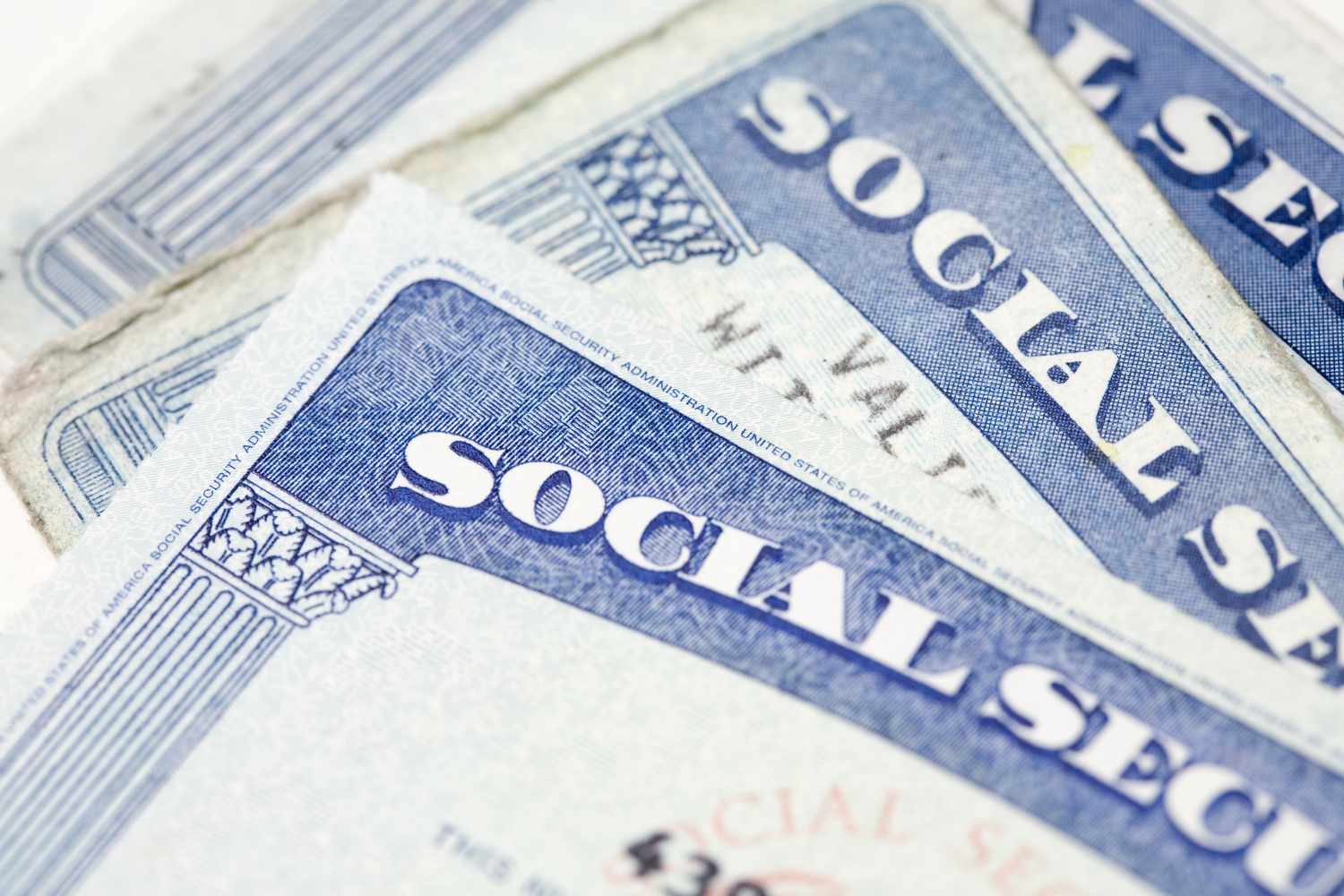If you are currently receiving Social Security benefits or will be in the future, it’s important to estimate how much you’ll receive each month. Having a steady source of income during retirement can provide peace of mind, knowing you’ll have money coming in to help pay for your expenses. However, there are several factors that could lead to a smaller Social Security check than you expect. Here are four key signs that your Social Security benefits might be less than you thought.
1. Your Work History Is Shorter Than Expected
One of the most significant factors that determine your Social Security benefits is your work history. To qualify for Social Security, you need to have earned enough “credits” based on your work history. Generally, you earn one credit for every $1,470 you earn in 2023, up to a maximum of four credits per year.
If you have not worked long enough or have not earned enough during your working years, your benefits will be lower. For example, if you have only worked for 10 years instead of the typical 35 years, your monthly benefit amount will be significantly reduced. It’s essential to review your work history and ensure you have enough credits to qualify for the benefits you expect.
2. You Took Early Retirement
While it may be tempting to start receiving Social Security benefits as soon as you turn 62, doing so can lead to a smaller monthly check. If you choose to take early retirement, your benefits will be reduced based on how many months you are away from your full retirement age (FRA).
For example, if your FRA is 67 and you start receiving benefits at 62, your monthly check could be reduced by up to 30%. This reduction is permanent, meaning you will receive a lower amount for the rest of your life. If you can afford to wait until your FRA or even until age 70, you will receive a larger monthly benefit.
3. You Have a High Income in Retirement
If you plan to work while receiving Social Security benefits, be aware that your income can affect the amount you receive. The Social Security Administration (SSA) has specific income limits for beneficiaries under full retirement age. If you earn more than the limit, which is $21,240 in 2023, your benefits will be reduced by $1 for every $2 you earn over that amount.
Once you reach your full retirement age, you can earn any amount without affecting your benefits. However, if you are still working and earning a high income before reaching your FRA, it could lead to a smaller Social Security check than you anticipated.
4. You Have Not Reviewed Your Social Security Statement
Your Social Security statement provides essential information about your earnings history and estimated benefits. If you have not reviewed your statement recently, you may be unaware of any discrepancies or changes that could affect your benefits.
The SSA sends out statements annually to those who are 60 and older, but you can also access your statement online through the SSA website. Reviewing your statement allows you to check for any errors in your earnings history, which could impact your benefit amount. If you notice any mistakes, it’s crucial to contact the SSA to correct them as soon as possible.
Conclusion
Understanding your Social Security benefits is essential for planning your retirement. By being aware of these four key signs that your check might be smaller than you thought, you can take steps to ensure you receive the benefits you deserve.
Make sure to review your work history, consider the implications of taking early retirement, be mindful of your income if you plan to work, and regularly check your Social Security statement. By staying informed and proactive, you can better prepare for your financial future and enjoy a more secure retirement.
Disclaimer – Our editorial team has thoroughly fact-checked this article to ensure its accuracy and eliminate any potential misinformation. We are dedicated to upholding the highest standards of integrity in our content.




